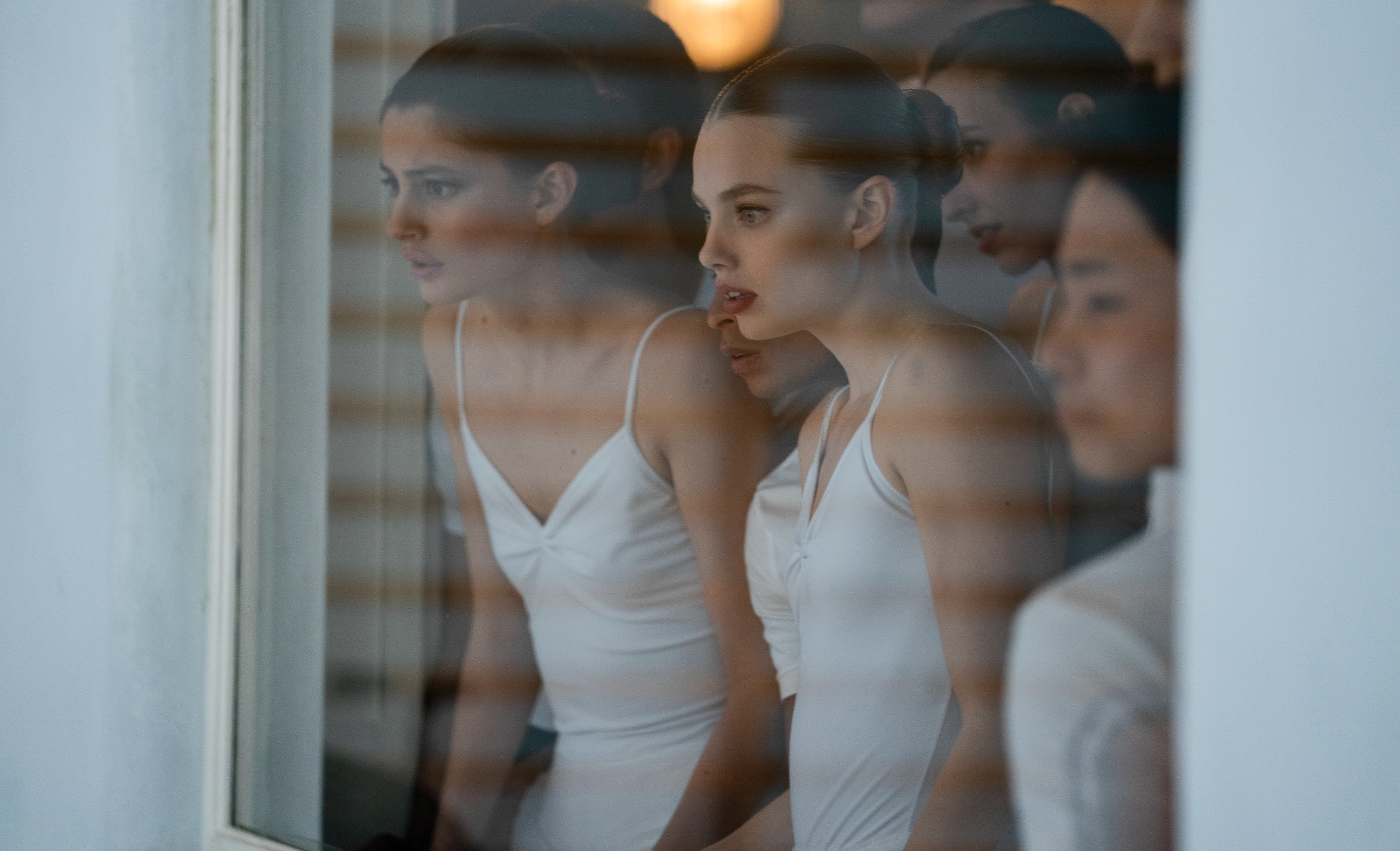In 1984, the dance critic Arlene Croce wrote a notoriously scathing review in which she accused the choreographer and dancer Pina Bausch of reducing the art form to a “pornography of pain.” What Croce meant was that Bausch’s work was gratuitous, repetitive, and empty, but the phrase has always seemed like an apt description of a lot of dramas about dance. The type of porn they bring to mind is less the hardcore variety (which is what Croce was referring to), and more the softcore kind that used to play on late-night premium cable. There’s a basic formula: fit, attractive young people; some kind of prestigious dance academy; an expected quantity of abuse, humiliation, self-mutilation, injury, past trauma, mental anguish, and sex.
Sarah Adina Smith’s Birds Of Paradise, about two American dance students competing for a slot in the Paris Opera Ballet, belongs to this category. It has the boilerplate tensions, the trauma (a twin’s suicide), the overbearing parent. Of the two main characters, Kate (Diana Silvers), is the naïve one who’s come to Paris on scholarship. Marine (Kristine Forseth) is the glamorous one who smokes and knows her way around. We are reminded, as in all movies about ballet, that dancers’ feet are too horrific for the camera to even look at; that the teachers and coaches are manipulative and cruel; that dance is torture. The thought arises, as it often does with these movies: Why are these people dancing? Wouldn’t they be happier doing literally anything else?
Strangely, the question never needs to be raised in musicals, where dance is both a metaphor and a joy to watch. But in the world of the dance drama, it’s all about competition, jealousy, and the relentless sadism of one’s peers and instructors. In Birds Of Paradise, the latter (headed by Jacqueline Bisset’s mirthless Madame Brunelle) never say anything nicer than “Your appearance today is unacceptable.” This isn’t to say that the movie’s relentlessly dour: The look is squeaky clean and the film’s version of Paris (actually Budapest) is an airless cartoon where one can take strange drugs at cool underground clubs (leading to a very silly early sequence) and hook up with hunks with Louis Garrel noses who, post-coitus, immediately reach for the acoustic guitar. The real problem is that the film isn’t trashy, soapy, or stylized enough be fun.
Smith’s handling of the dance sequences is especially dull. They’re drably choreographed, randomly assembled, and vaguely solemnized with selections from Erik Satie and Arvo Pärt. Somehow, they never find an interesting angle on the dancers. That leaves us only with the predictable motions of plot. If Kate and Marine seem like opposites, then they will surely become friends or more. If they become friends, then they will surely come into conflict as the big competition approaches. If Madame Brunelle seems unprofessionally mean, it’s because she used to be just like them. There’s a reason why the better and more stylish movies about dancers are generally horror films: They recognize that, when it all comes down to it, these stories are mostly about watching good-looking people suffer and/or go insane. Better them than us.


 Keep scrolling for more great stories from A.V. Club.
Keep scrolling for more great stories from A.V. Club.